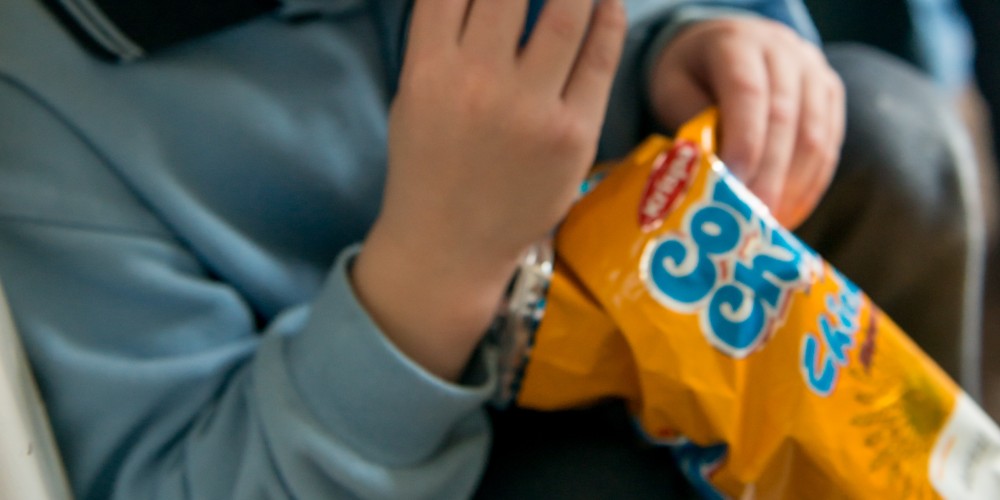CF causes thick, sticky mucus in the pancreas, blocking the tiny tubes and preventing the flow of enzymes into the small intestine. Without these enzymes, nutrients can’t be absorbed from food, making it harder for people with CF to gain weight. People with CF require more calories than someone without CF.
Good nutrition and maintaining a good body weight have a huge impact on the quality of life and lifespan of people with CF. They need to eat more calories than people without CF and include a range of high-fat, high-salt food in their diet.
People with CF should eat plenty of:
A dietitian is part of the multi-disciplinary team who provides care to people with CF in New Zealand and offers individual advice, guidance and support for food and supplement needs.

Some children and adults with CF struggle to maintain a healthy weight despite extra calories and may need additional supplements such as high calorie foods and drinks.
Sometimes tube feeding, via a nasogastric tube or gastrostomy tube is needed for either short-term or long-term nutritional support.
Some vitamins, such as A, D and E are fat-soluble, making them harder for people with CF to absorb. Supplements that include these, and other vitamins, are often useful for people with CF.
Bone strength can be affected by the poor uptake of minerals such as calcium and phosphorus, which are directly related to vitamin D levels. A diet rich in calcium such as milk, yoghurt, cheese and canned bony fish such as salmon can help with maintaining a good intake of calcium.
People with CF lose more salt in their sweat and are more at risk of dehydration, especially during summer or in situations where they sweat more, such as during exercise.
The easiest and best way to get extra salt is to add salt to foods or eat foods naturally high in salt, such as:
Electrolyte drinks and salt tablets can also help prevent dehydration.
In recent years nutrition has come to the forefront as a successful health strategy to improve the lives of people with cystic fibrosis. Every person with CF should have access to the best health professions and strategies where ever they live.
The Nutrition Guidelines for Cystic Fibrosis in Australia and New Zealand ensures the provision of quality, up-to-date information about nutrition management, and if people move to another location they will have consistency of care and guidance.
Read the Nutrition Guidelines for Cystic Fibrosis in Australia and New Zealand

Cystic Fibrosis Australia has developed a range of nutrition guides and fact sheets for people of all ages with CF.
If you are a parent of a child with CF or you have CF yourself and would like help or advice with eating well, please get in touch with your CF field worker or speak with your CF nurse.
Get in touch with your CF Field Worker